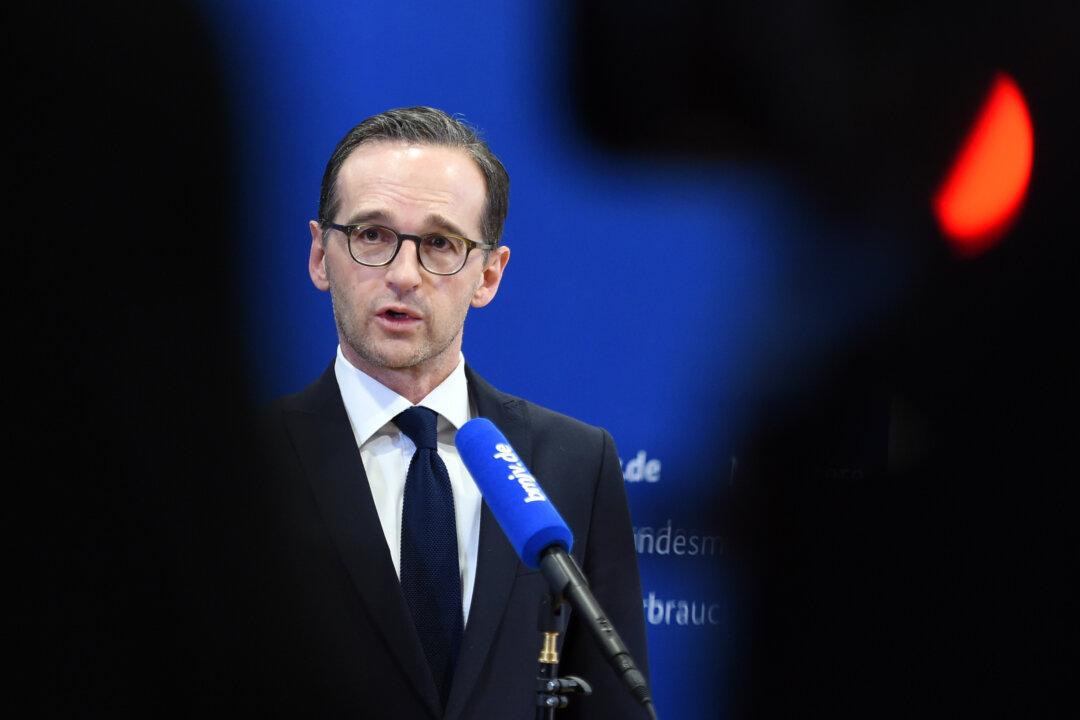BERLIN—A string of sex assaults and robberies during New Year’s celebrations in Germany has fueled debate about the country’s ability to integrate large numbers of migrants, after police said that men who targeted dozens of women in the western city of Cologne appeared to be of “Arab or North African origin.”
Political leaders including Chancellor Angela Merkel condemned the attacks, though many also warned against hasty conclusions about the perpetrators. But to some Germans already uneasy about the one million asylum-seekers their country took in last year the incident seemed to confirm simmering fears.
“Is this the ‘cosmopolitan and colorful’ Germany that Merkel wished for?” asked Frauke Petry, leader of the nationalist party Alternative for Germany.
Petry’s party, known by its German acronym AfD, has called for a clampdown on the number of asylum-seekers allowed into the country, a sentiment shared among a growing number of supporters in Merkel’s own center-right bloc.
“It’s unacceptable that women are sexually molested and robbed by young migrants on the streets and public squares of German cities at night,” said Andreas Scheuer, general secretary of the Christian Social Union, the Bavarian wing of Merkel’s party.
“Whoever won’t accept our rules for living together, including respect for women, can have no place in our society here in Germany,” said Scheuer. His party has called for a cap of 200,000 asylum-seekers in Germany a year, a demand its lawmakers are likely to repeat at a meeting with Merkel on Wednesday.
Others in Germany cautioned against tying the refugee question to the issue of street crime when the full facts of the incident aren’t known yet.
“It’s completely improper ... to link a group that appeared to come from North Africa with the refugees,” Cologne’s mayor Henriette Reker told reporters after a crisis meeting with police Tuesday. Syria, Albania and Kosovo were the top three countries of origin for asylum-seekers in Germany last year.
Cem Ozdemir, a Green Party lawmaker of Turkish origin, described the attacks as “horrible and deeply misogynist.”
“Women must feel safe everywhere, no matter where or when,” he said.





